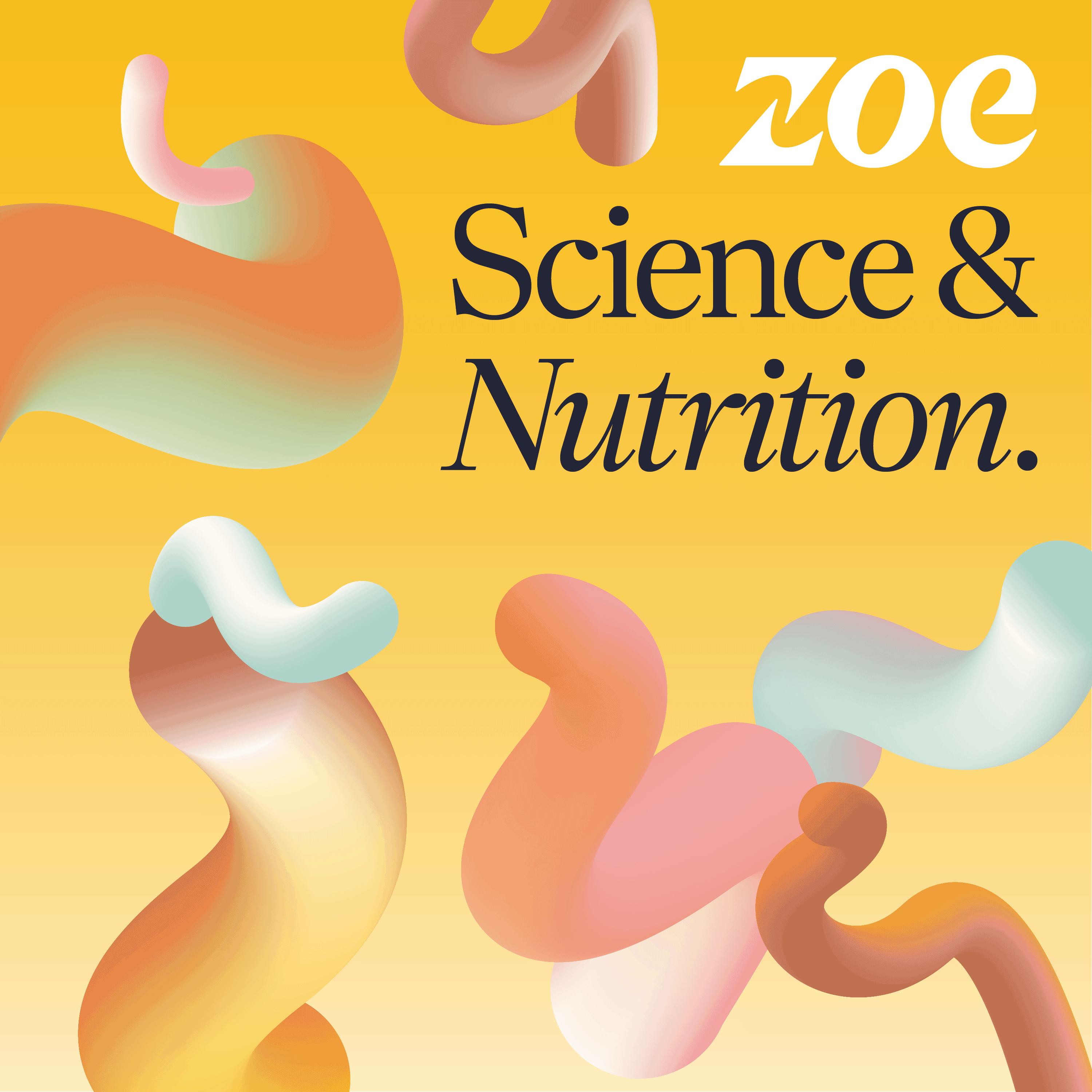We can't find the internet
Attempting to reconnect
Something went wrong!
Attempting to reconnect

Access AI content by logging in
As we age, our bodies undergo numerous changes, including a decline in muscle mass and cognitive function. For many of us, exercise and diet play crucial roles in maintaining our health and well-being.
But how can the protein we eat affect our abilities to exercise and stay healthy as we age?
It can be difficult to separate fact from fiction when it comes to the effects of protein. How much do we need? Is it better to eat protein before or after exercise? And what roles do protein and exercise play in brain function?
In today’s episode, Jonathan is joined by Prof. Ben Wall, an expert in nutritional physiology at the University of Exeter. Together, they unpack the latest scientific research on the connection between protein consumption and exercise.
- Prof. Ben Wall shares his insights into the optimal amount and timing of protein intake for building and maintaining muscle mass, as well as the potential impact of exercise on cognitive function and brain health into later life.
Get science-based nutrition advice straight to your inbox: https://bit.ly/44xRywM
If you want to uncover the right foods for your body, head to joinzoe.com/podcast and get 10% off your personalised nutrition program.
Timecodes:
00:12 Introduction
28:21 Quick Fire Questions
02:54 Do we need to eat proteins right after exercise?
03:34 What is protein?
04:45 Why should we care about exercise?
05:36 How does exercise help with healthspan?
07:41 What are the benefits of exercise?
07:57 Does exercise improve brain function?
11:23 Where do our muscles come into this conversation?
12:09 What constitutes an unhealthy muscle?
13:00 What's the difference between a healthy and unhealthy muscle?
14:18 How does protein fit into the idea of healthy muscles?
16:03 What about the concept of breaking muscle. Is it good for us?
18:13 Do we need more protein to help build muscle?
20:07 What is the anabolic window and Is it a myth?
21:54 Is it fine to listen to our hunger pangs post exercise?
23:01 How does protein impact menopause and bone health?
25:04 Is there a maximum amount of protein our bodies can absorb?
28:14 What is the right amount of protein to eat?
30:02 What is an 'adaptive response' to exercise?
31:17 How much higher RDA do we need if we are exercising?
33:31 Are we already eating enough protein?
35:51 Why does muscle mass change as we age?
36:18 Do we put on weight when we age?
36:59 How do our bodies respond to protein as we age?
41:38 How to balance protein and exercise
42:33 Where should we get our protein from?
46:43 Plant vs animal based protein products
51:26 Summary
55:12 Goodbyes
55:27 Outro
Mentioned in today’s episode:
Ingested protein dose response of muscle and albumin protein synthesis after resistance exercise in young men: https://pubmed.ncbi.nlm.nih.gov/19056590/
Anabolic signaling deficits underlie amino acid resistance of wasting, aging muscle: https://pubmed.ncbi.nlm.nih.gov/15596483/
Food for our future: The nutritional science behind the sustainable fungal protein — mycoprotein: https://www.ncbi.nlm.nih.gov/pmc/articles/PMC10131050/
Follow Ben on Twitter :
